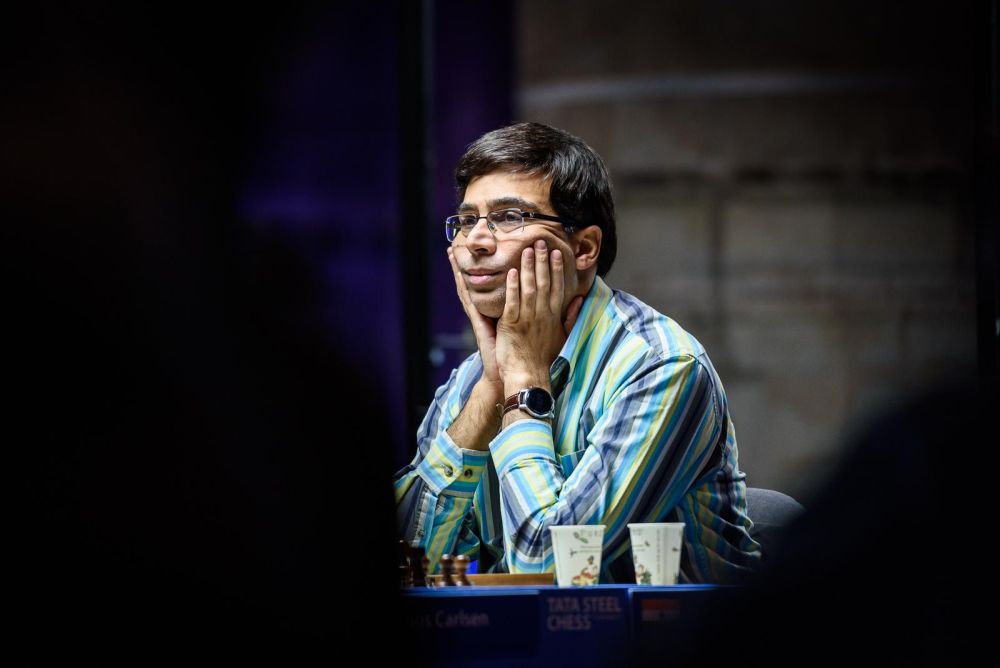IM Shivananda on Chess Part 2 - Man, Machine and thoughts on why Carlsen is still not the greatest ever
There will always be questions that befuddle a deep thinker. Why can't humans beat chess engines? Is it possible to play creative and original chess and hope to win in a highly theoretical era? Does having the highest rating mean a player is the greatest of all time? IM BS Shivananda shares his opinion on this and more! Shivananda, a highly original player, teaches us how to demystify the battle between beauty and objectivity by establishing balance, while also giving his thoughts on why creative players like Shirov and Morozevich faded away from the very top of chess despite dazzling millions with masterpieces, why Magnus Carlsen is still not the greatest of all time and how enhanced risk taking might revitalize Anand's quest for another World Championship. An engaging interview by Tanmay Srinath.
Over the last few days I have had the pleasure to interview B.S. Shivananda. The long chat with him resulted in several parts of interviews that have been published on ChessBase India. If you have missed them, you can go over them from the links given below:
B.S. Shivananda - The Indian Fischer Part I
B.S. Shivananda - The Indian Fischer Part II
Shivananda on Chess Part I - Improvements in the chess world
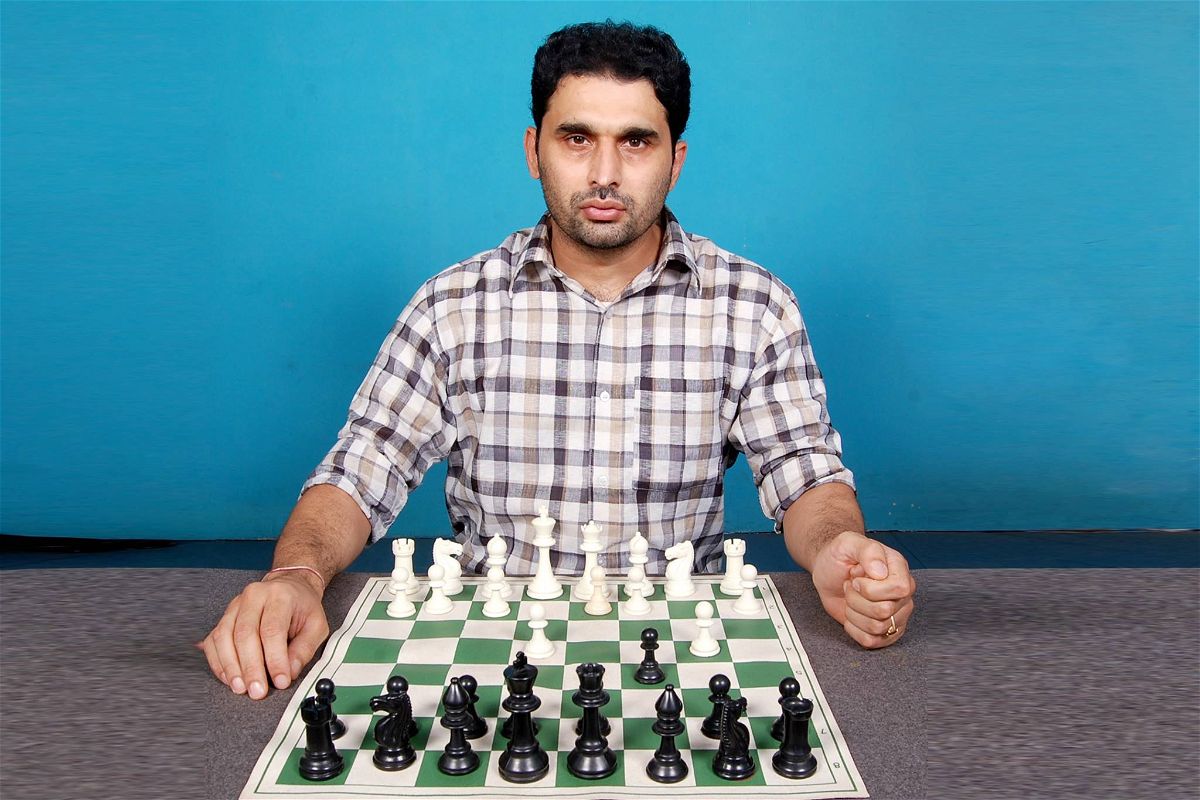
Shivananda on Chess Part II
Tanmay Srinath (TS): First of all, why can’t humans beat chess engines?
B.S.Shivananda (BSS): A chess engine has many advantages over a human player – it has unlimited energy, zero emotion, nerves of steel, and absolute focus. Arguably the biggest advantage of a chess engine is that it is able to calculate accurately very long and difficult variations, and it never blunders. A number of engines also come loaded with built in opening books and endgame tablebases. Just imagine a human being running a 1 km race against a super-car! The human has no chance whatsoever! Similar case here.
TS: I would like to draw your attention to the Artificial Intelligence revolution started by the Alpha Zero chess computer engine. What do you make of it? Do you think this will bring back the golden ages of Tal and Kasparov attacking with fury?
BSS: AI can and has changed chess a bit. But you don’t need AI for change – a very strong regular engine will in 3-4 years have made sure that every opening is analysed up to move 25.
Around 20 percent of Mikhail Tal’s sacrifices were objectively unsound. If he saw some beauty in a variation he would go for it, but many a times they were inaccurate. However, I admire how he managed to rise to the top playing like this. It takes imagination and bravery to sacrifice knowing that there maybe a possible refutation that your opponent can find.
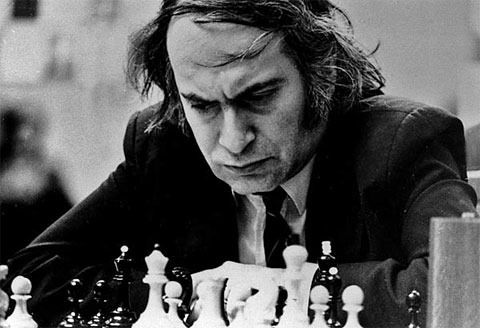
However, Kasparov’s sacrifices were sound. He either calculated a lot during the game or prepared these sacrifices before the game extensively. In the game of chess correct sacrifices are present everywhere, as sometimes the best sequence of moves involves a sacrifice, so it is possible to play like this.
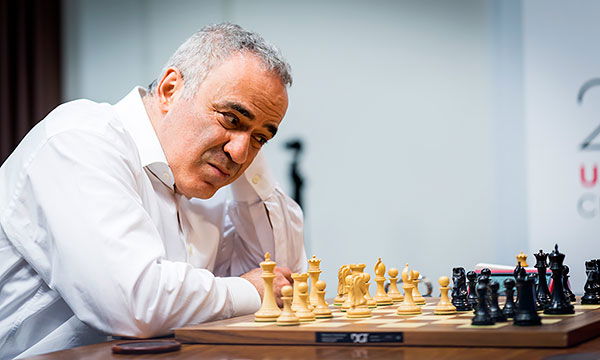
But in recent years, many players take very few risks or play sacrificial variations in top level chess. If this AI is bringing back such a fascinating game style, then it’s a very good thing. However, I don’t believe that it is a very big revolution. I am a computer science student myself, so I have seen all these trends right from the internet revolution. If an AI can be taught to explore the moon, then basically anything is possible.
TS: With regards to its opening choices, Alpha Zero always prefers the closed openings with white, which has recently become all the rage at the top level. Is this a sign that open games are exhausted, or is it just a trend that it is setting?
BSS: It’s just a trend, nothing more. Every 3-4 years there is a change in the openings at the top. I feel 1.e4 may be slightly better and is certainly more enterprising than 1.d4. The problem is that to play 1.e4 you need to prepare a lot at home, as the lines are sharper. Most of the players at the top are unwilling to take risks – they want to play safe and retain their ratings so that they don’t lose out on invitations. This is resulting in declining popularity of chess. Who would like to go and see a 30 move draw where all moves are perfect and 25 out of 30 moves are memorized and prepared? Where no player is willing to take a small risk?
This is the main reason why 1.e4 is not as popular nowadays at the top as 1.d4 and 1.Nf3. With closed openings you get time to develop your pieces and there is an element of safety, whereas in a sharp 1.e4 variation things get out of hand very soon if we are not careful. With regards to Alpha Zero, I don’t think we have seen all the games it has played. Only a few good games have been released, in comparison to the millions it has played. So better to get all the games it has played and then analyse. Anyway we play at the human level, not at computer level. For us these facts are not so important due to the inherent tendency of humans to make mistakes.
TS: Being a highly creative player yourself, why do you think players like Morozevich and Shirov have faded away in recent times despite shining brightly in the late 90s and early 2000s?
BSS: There may be a variety of reasons as we don’t know their personal stories. So this is just my opinion on the topic. Let us start one by one.
Alexei Shirov is my favourite – no doubt about it! I think he may be a little past his prime, and I also found a small flaw in his game. In a standard variation he will look for a sacrifice even though there is no necessity for it. Trying to sacrifice each and everywhere is objectively incorrect in chess. Chess demands creativity, but too much of it can spoil your chess results. One more reason is when Shirov was in great form and reached the World Chess Championship Finals against Kasparov, the latter not playing against him resulting in the abandoning of the Match, was a big setback for Shirov. Garry is a great player, but as a human being he has some things to improve on. After this I think Shirov lost a bit of motivation and interest.
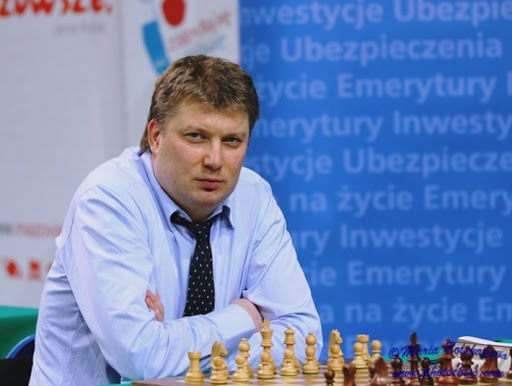
Morozevich is a little bit of an offbeat player – excellent player no doubt. He played in World Championship tournaments and he reached a live ranking of World No.1. 2799 I think was his highest live rating. He has also won a lot of tournaments. However, one should be objective in chess. Chess is art, science and sport. So in science one can’t do without logic yes? If you want to be creative you have to defy logic sometimes, in order to make it work. But in such forms that you forget what the position demands on the board. In such a case a boring but technically sound player will end up beating a creative but risk taking player. My guess is this is what happened in Moro’s case. It is also possible that he lost interest at the age of 38, and there can be a number of other factors involved which we don’t know.
There is another thing with all these creative players. What they want to do is demonstrate their creativity, and they need some form for it. In chess maybe they have done their work, and they are exhibiting their creativity elsewhere, like Morozevich, who plays Go (another famous strategy board game) and also involves himself outside the sphere of chess these days. Chess might not be their only area of interest. Many youngsters keep telling chess is my life and all such things. But once you grow little older, you want to explore the world. Chess is only one of those interesting things around. It is possible that Alexei and Moro are exploring far more interesting things currently. They have already achieved a lot in chess, so maybe they moved on?
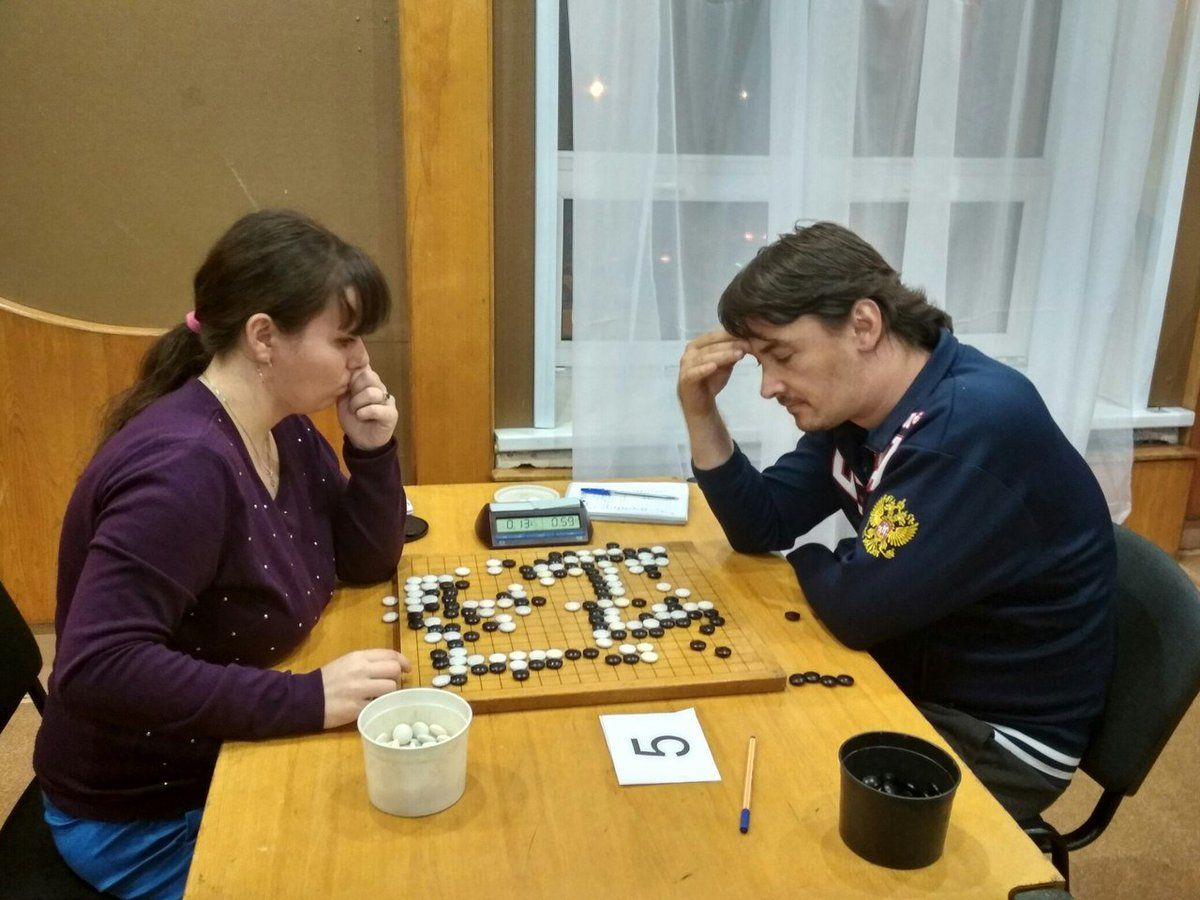
There is also Baskaran Adhiban and Richard Rapport, whose games I really enjoy. They always add a little original twist to every game. Even Daniil Dubov has shown a lot of creativity recently. All three of them have reached 2700, which in itself is a big achievement. To reach the top 10 (2750 points) in the world you need a lot of things to go in your favour – luck, good financial support, proper personal life, good health etc. So unless we know a person well enough we can’t comment too much on their lives.
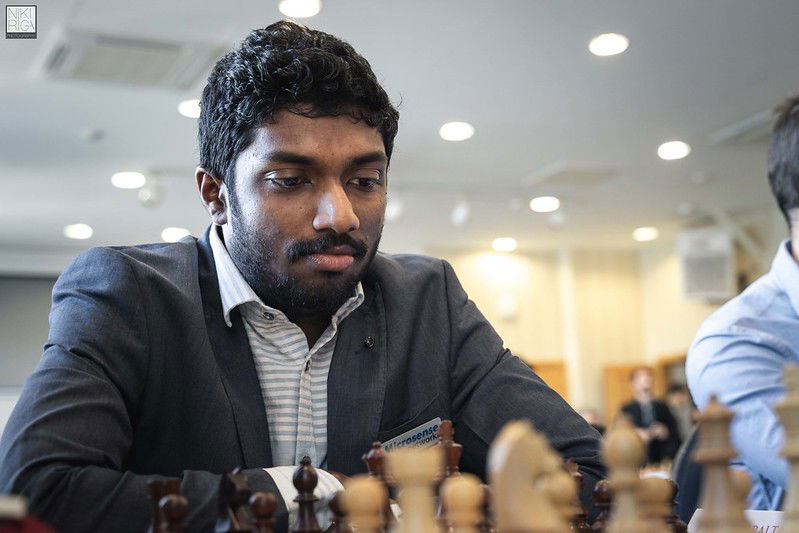
TS: Do you feel one can still play with a speculative sacrificial style in the era of super strong engines?
BSS : This is an interesting question. Nowadays everyone practices with a computer engine, which is a very strong defender. Previously, chess defensive technique was not so strong, so one could have gone for a speculative sacrifice that is theoretically not completely sound and won his games, as his opponent’s defensive technique was not so strong. However, today in general, players are much better defenders. Maybe theoretically they have not learnt those many techniques, but practically they know what should be done. Thus an ordinary sacrifice based mostly on speculation will probably fail against a strong player today.
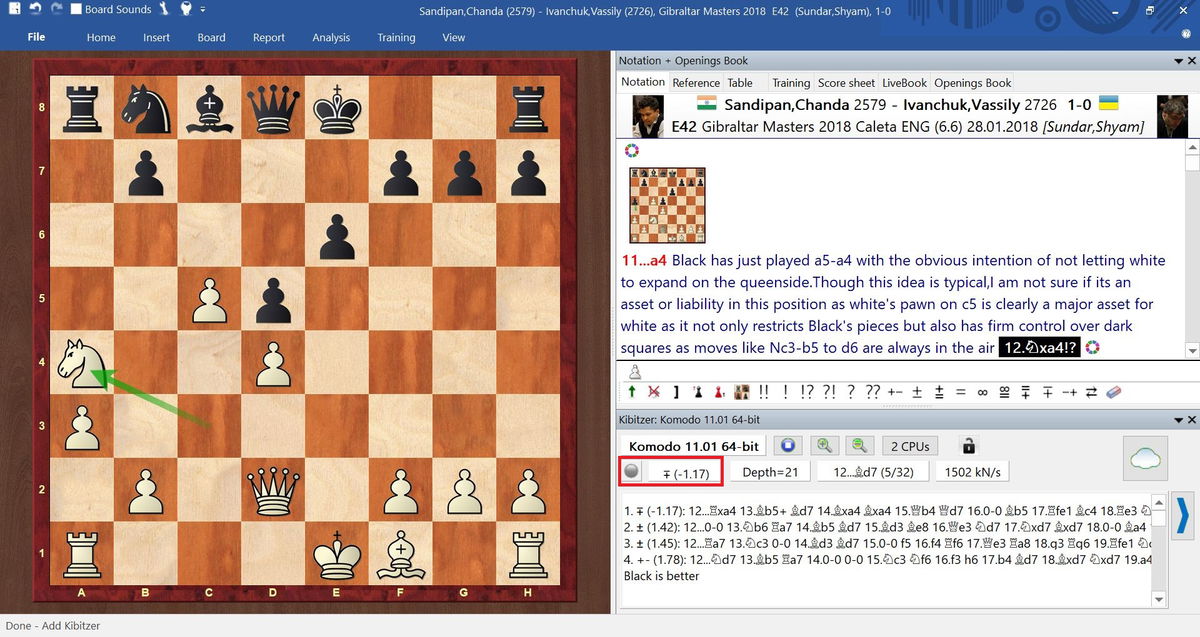
One more reason why this sort of play doesn’t necessarily work is because of the explosion of chess information. Today players have access to a lot of chess literature is made available to each and every person, with much lesser costs than what could have been incurred previously. In such a case, study oriented players can easily grasp important ideas from each and every book, so the technical nature of the game has enhanced significantly. Thus, today if you ask me if one can risk playing for a win with speculative and often semi correct sacrifices, I will be inclined to say no due to the aforementioned reasons. However, there is one more thing. Chess is a sport where sacrifices are part and parcel of the game. There are instances where sacrifices are the best possible continuation. So only play it if it is logically correct.
One more thing – since people have access to good literature, some wrong gambits have been refuted, at-least theoretically. Chess is a very vast game, but there is very little scope to experiment in the opening. So almost 75 percent of the gambits have been exhausted, and only 25% of the gambits can be played. So either play these gambits, when you get an unclear position, or play some highly complex intuitive sacrifice like Alpha Zero. So if you want to play creatively, these are the things you can try: Play the sound gambits, and only sacrifice if it is positionally correct and feels natural.
TS : So a player like Tal can’t survive in this era by playing risky chess?
BSS : I am sure Tal would have adapted his style a little bit. But one thing we should understand is that human psychology has not changed. Emotional manipulation is a valid tool in chess, but in life it is wrong. In a sport however, we can try all tricks possible to win, by staying within the margin of the rules. So this sort of speculative psychological sacrificial play is perfectly possible even today. One more thing is that there is less and less time for each game, so perhaps you can force your opponent to solve complex problems and win because he didn’t have sufficient time to find the right solution!
TS: So Tal would have been just as successful today?
BSS: Hard to tell. There is the time difference but the profession is the same right? I personally feel that Tal would have adapted himself to the changing times. I see him as a strong person, who suffered because of his bad habits and complete disregard for health. Today he could have maintained his 2700 rating, but I doubt he would have become world champion.
TS: Why do you think that Magnus Carlsen is currently a level above the rest?
BSS: I don’t think Magnus is above the rest as far as history is concerned. If you want me to name the top 3 of all time, I would go for Vishy Anand, Garry Kasparov and Bobby Fischer as when you judge a player, you need to look at the background as well. Vishy Anand grew from a ordinary background (as far as European Conditions are concerned) to become the World’s best, and when one looks at the fact that he had to adapt to alien conditions and difficult food habits, staying away from family – this shows how strong he is as a person.
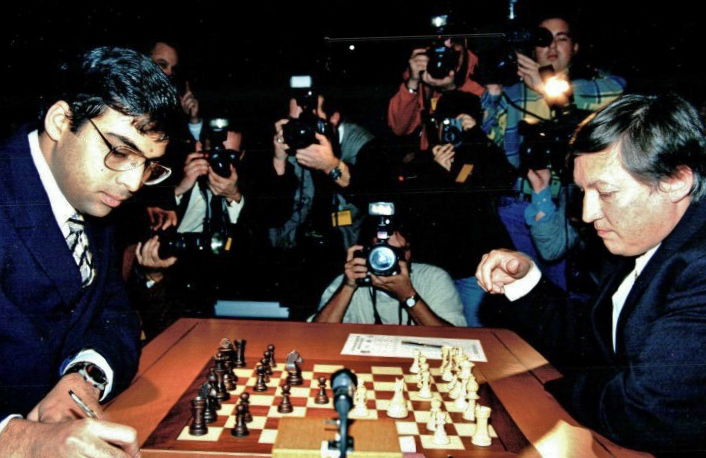
With Garry too – he lost his father early, and had to rise in the era of Karpov’s people dominating chess politics, and created a unique place for himself. Bobby you already know – there have been numerous books and films about him. One thing that distinguishes all these players is their success in spite of extreme difficulty.
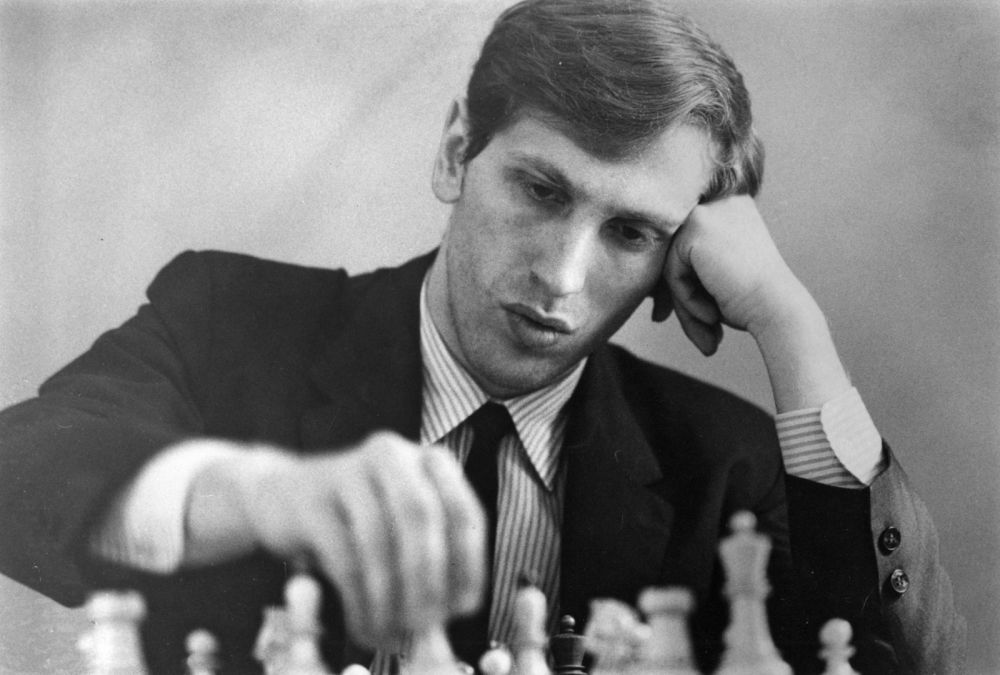
Now let us come to Carlsen. I like Magnus’ games, but I don’t see any outstanding genius or brilliance in these games. He is basically a player who doesn’t make mistakes – but you can’t call him a total trend setter. He is physically very fit, and a positional player. Many people don’t understand this – when your style is positional you don’t need to spend too much effort on your moves, but should have a good understanding of chess. But we should remember that to become a good positional player you need to have an inquisitive philosophical bent of mind. That is also a talent, and many people can’t master it. Also, Magnus is an all-rounder – he can do many things well, and he is very accurate.
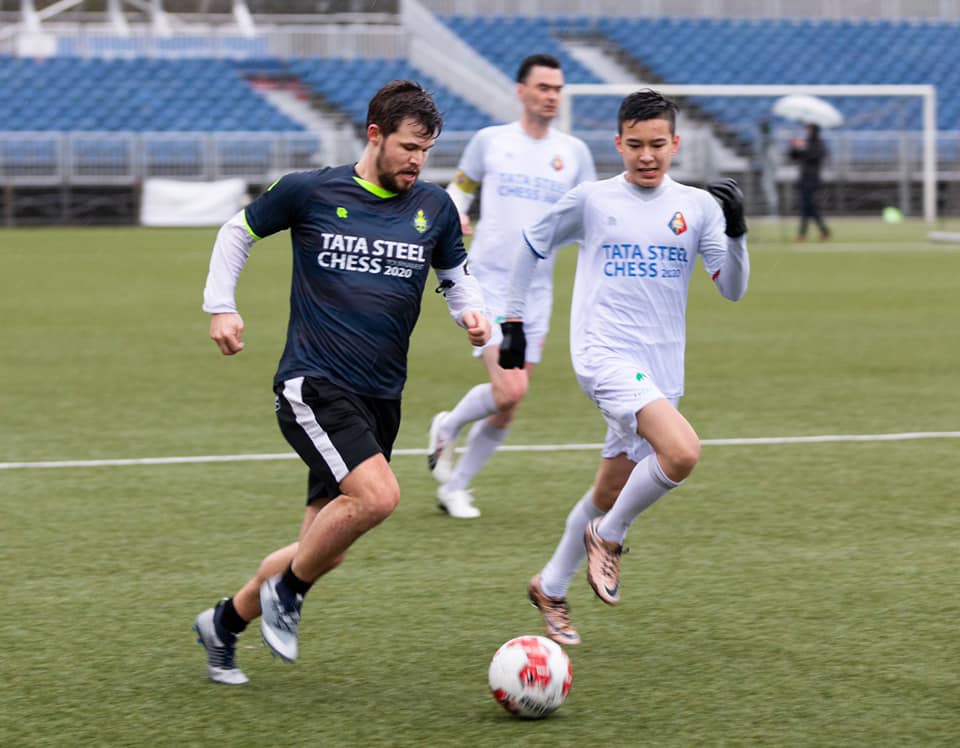
Now let us understand his background. A wealthy European country as his country of birth. A strong chess playing father, who acts as a playing partner. A supporting family, who understood his needs and did whatever was needed. A lot of sponsorship was available when required from big companies like Microsoft at the age of just 15 or 16. He need not go to Siberia or India to play chess tournament – he just needs to tour Europe. The Former World Champion Garry Kasparov himself was his coach – if such a player coaches you won’t you get stronger?
Let us understand that after 1937 Europe didn’t have a World Champion. The last one was Euwe, but he was an ordinary player, nothing more, and once Alekhine ditched the bottle he managed to beat him rather easily. So once Magnus started performing, he received the backing of the European chess fraternity at the time. The journalists there backed him well, and not only that – they gave him contacts. I think that Magnus Carlsen got many things on a silver platter, allowing him to focus solely on chess.
I have great respect for the European Chess Fraternity. They have given a new life for chess in the modern era. They organize so many tournaments, they have sponsored so many players – this is truly appreciable and must be commended. Magnus Carlsen was the beneficiary of this system. Of course, we must understand that Magnus has also done a lot of hard work – for that he needs to be congratulated. However, I don’t rank him as high as Anand, Fischer and Kasparov due to these reasons stated above.
TS : So having the highest rating of all time isn’t a factor here? Even at his peak he isn’t a match for Vishy or Garry or Bobby?
BSS: I don’t think he has reached his peak yet – he is a young man. Let us take this scenario – suppose I want to show some top GM’s game to my students. I take Magnus’ game, and people will not understand what is great in it. But I show one game of Fischer, Kasparov or Anand – we notice something brilliant being done on the board. Carlsen is physically fit, he doesn’t make any obvious mistake, and thus he wins. Nowadays, I think Magnus is innovating a lot and trying to play differently, so his games are more appealing now. Who knows? He might as well become the greatest of all time – only time will tell.
TS: Do you think Vishy can win another World Crown?
BSS: Vishy has won everything that needs to be won already. What we can’t win in two lives he has done in 25 years! Here age is not a factor (Anand is 51 years old) – motivation is. One can play good chess even at the age of 60 – take Korchnoi for example, but I think that for Anand motivation is something he lacks nowadays. He is a parent now, and he has won literally everything. However, if you count his experience and his endgame skills – middlegame was great but these days he plays little passively, I think it is still possible if he changes his approach.
As his junior, I won’t give Vishy advice. What I can say as a fan is this – why not play a little bit of risky and enterprising chess now that you have achieved it all? Why not strive for more brilliance? I don’t think he can become classical World Champion as easily as he did previously because of a current lack of motivation, but if he lets go of his inhibitions I think he can conquer the world again. In Rapid or Blitz there is a much greater possibility.
